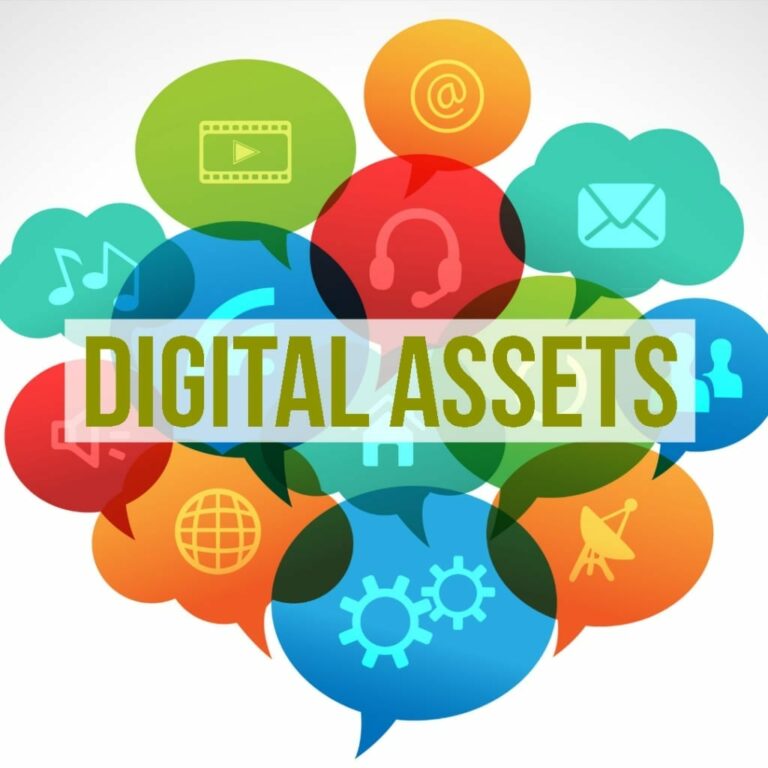Menu
Current Client? Call us:
(617) 308-9444

What happens to digital assets when you die? There are state laws offering the executor of an estate or an estate planning attorney to obtain access to a person’s online accounts after incapacitation or death. These laws—including RUFADAA (Revised Uniform Fiduciary Access to Digital Assets Act)—will help to protect digital assets, but only if you have a digital estate plan, reports the article “How to Tackle Digital Estate Planning in Four Easy Steps” from Kiplinger.
RUFADAA has a three-tier process for accessing digital assets:
Tier One: Some digital service platforms offer a way to designate what happens to digital assets after death. Yahoo has an inactive account manager to designate a friend, which guides what happens to digital assets.
Tier Two: If there is no such tool, the owner’s estate planning documents must dictate what should happen with the asset.
Tier Three: If neither of these tiers is in place, refer to the platform’s Terms of Service Agreement (TOSA) to see how the executor may access these accounts.
What makes up your digital estate? It includes all electronic and virtual accounts and assets, including:
Electronic bank accounts are considered digital assets. However, the money in the bank account is not a digital asset. Likewise, cryptocurrency account access platforms, such as Coinbase, are digital assets, but the actual cryptocurrency, such as Ethereum or Bitcoin, is not a digital asset.
Here are the four steps to creating a digital estate plan:
Create a complete digital asset inventory. This should include all account names, usernames, passwords and the URL or address of the digital asset.
Decide how you want digital assets handled. List intentions for every account, so your executor knows what you want to happen. This is known as a “directive” and will likely be required by the platform to indicate your wishes. Some companies have conditions in the TOSA, so make sure your wishes can be followed. For example, Twitter and Google have “legacy” policies. Facebook lets family members memorialize your account.
Name a digital executor. This person doesn’t need to be the same as your executor. You’ll want to select someone familiar with the online world.
Store your digital estate plan in a secure place. Make sure that your digital executor knows where the information can be accessed. There are online platforms to help organize digital estate plans in the event of an emergency. Note that they are not the same as password managers, which store passwords. These platforms should include directives indicating what you want to happen with your digital assets.
The digital estate plan is considered informal, if your state has not passed RUFADAA. Ask your estate planning attorney if you can formalize it by making it a codicil to your will.
Reference: Kiplinger (May 16, 2023) “How to Tackle Digital Estate Planning in Four Easy Steps”
Book a call with attorney John A. Laine today.
